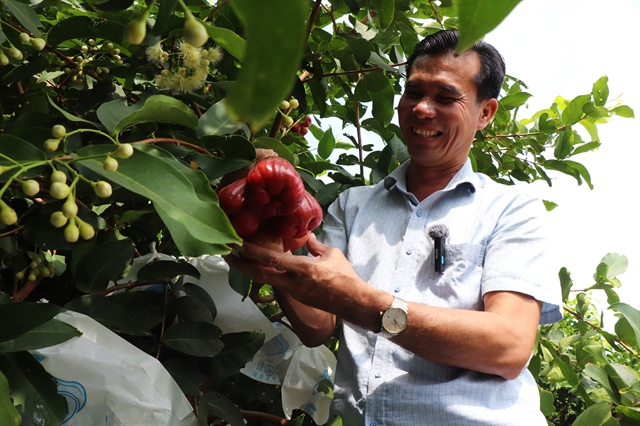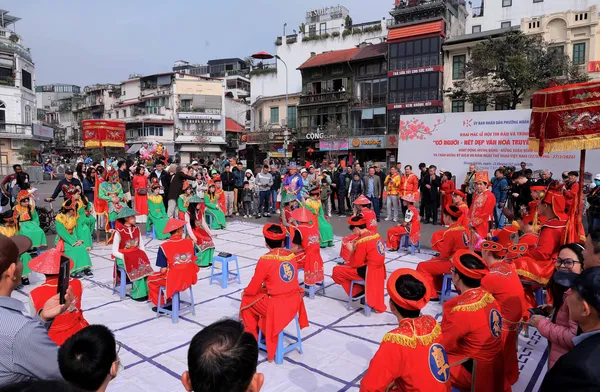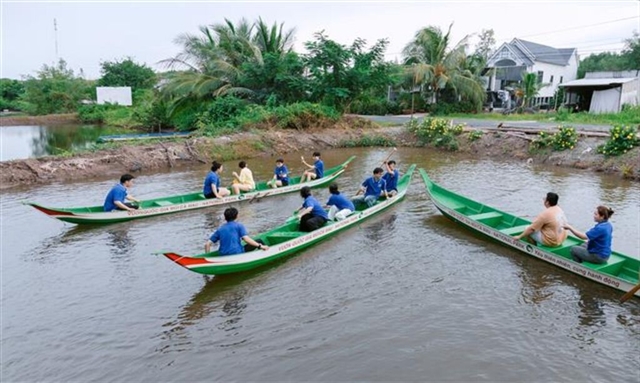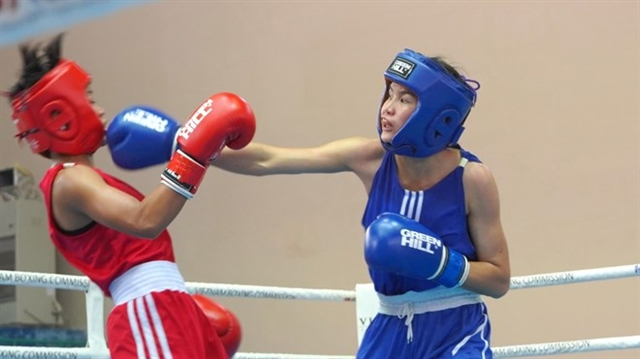 Sports
Sports

Parkour is growing strong among thrill-seekers all over the world, but not everybody knows its roots can be traced back to Việt Nam.
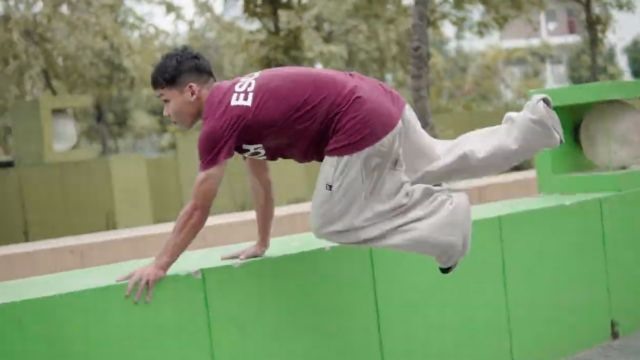
|
Đào Đức Hiếu, the first Vietnamese person to be named Asian champion in 2016. — Photo courtesy of Highnoy
Minh Phương and Ly Ly Cao
HÀ NỘI — Parkour is growing strong among thrill-seekers all over the world, but not everybody knows its roots can be traced back to Việt Nam.
The man many regard as the creator of parkour, David Belle, himself drew inspiration from his own father, Raymond, who was born in Việt Nam.
After the death of his father, Raymond received a military education from the French army in Đà Lạt where he learned how to effectively and quickly overcome natural obstacles by developing a technique called 'le parcours', a way of quickly moving from one point to another.
His son David developed these techniques as a method of travel specifically for urban areas.
Fast-forward many decades and the Belle legacy lives on in Hà Nội, particularly for instructor Phạm Xuân Lâm who has been practicing parkour for 12 years.
“I knew about parkour after my neighbour asked me to practise this sport with him,” said Lâm, 24. “I was a sixth grader at that time.
“After I watched the movie Casino Royale (which features a parkour scene at the beginning) the passion for parkour truly grew inside me.”
But he still had to convince his parents who were concerned the sport was too dangerous for their son.
He added: “When I started learning parkour, which was a new extreme sport in Việt Nam at that time, my family was really worried, because there are no trainers in Việt Nam to guide how to do and practise this sport.
“My family hindered me in practising it, and asked me to choose another sport.”
Their anxiety is justified. There are more than a million results on Google when searching “parkour accident”.
“In the past 10 years practising parkour, the most serious injury I had was a chest fracture,” said Lâm.
“I didn’t check the wooden stage which I had to jump in. So when I did the move, that stage was broken and I hit my chest hard.
“The injury took a year to recover and I had to stop practising at that time.
“But parkour has been my passion since I was a teenager, I will never give up on this.”
With the aim to spread parkour to a larger community, Lâm created a group of parkour lovers, Highnoy.
They joined a few international competitions in Asia and enjoyed some great results.
“My most lasting memory is my leader, Lâm, and I attending a parkour contest in Singapore,” Đào Đức Hiếu, a member of Highnoy said.
“I was the first Vietnamese person to be named Asian champion in 2016.
“It is the proudest memory because at that time I didn’t think I could win.”
Hiếu has the nickname “Khỉ” (Monkey) as he is able to climb easily and smoothly perform a three turn flip high off the ground.
To Hiếu, parkour is more than a sport.
“Firstly, parkour brings me joy. Because when I practise, I can meet many people who also love this sport.
“Many friends have taken part in parkour with me for six or seven years. I am really happy because of it.
“Secondly, it is about health. Before practicing parkour, I was really thin and small. But thanks to this sport, I started growing taller, stronger and tougher.
“One more thing, since I practised parkour, I have been to many places and made a lot of friends across the country.
“I feel really happy that I have a very big family.”
Requiring a complex environment to practise, there are no professional centres specially designed for parkour. To grow their numbers, practitioners all hope to have more facilities for them to practise safely.
Lâm said: “We really want to do as much as we can to spread parkour to more people in Việt Nam in general and Hà Nội in particular.
“I also want Việt Nam to have a professional place or playground for those fond of this sport, so they can have a safer place to practise parkour.” — VNS
Nam

